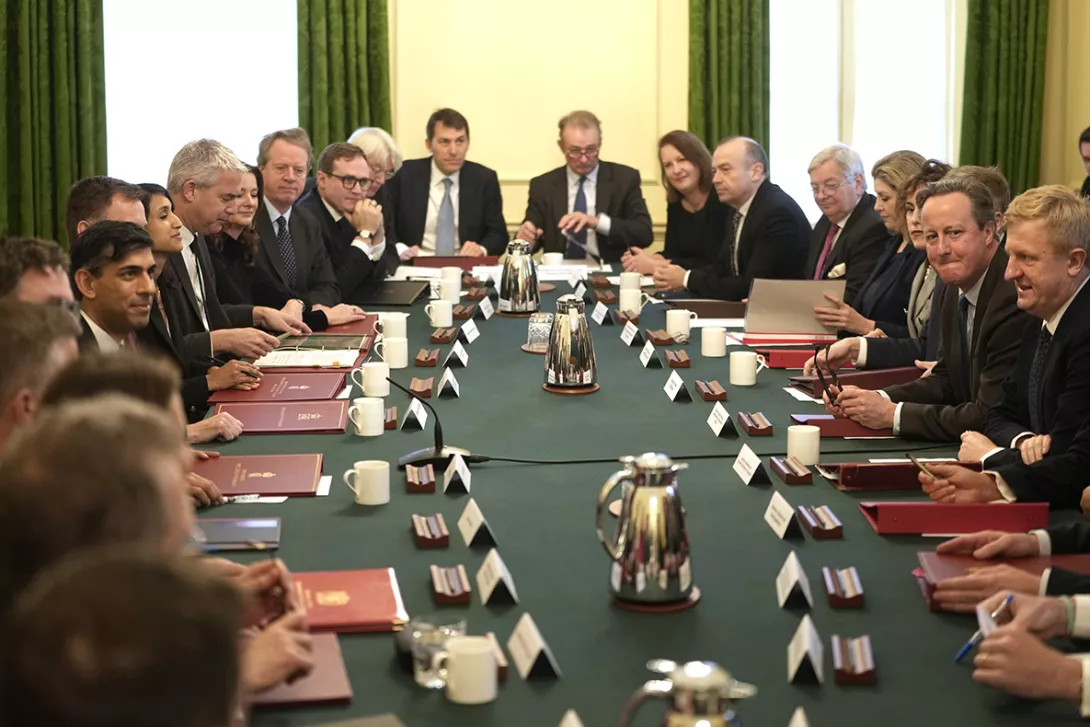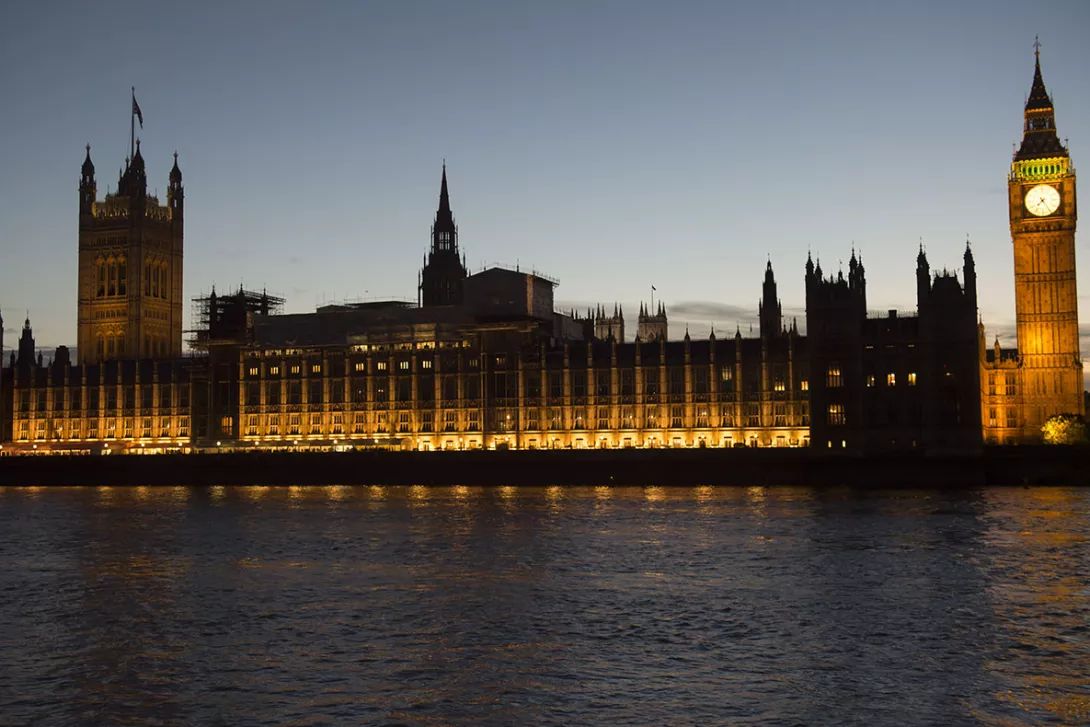Will we ever see an anti-racist Wales?
A new Race Equality Action Plan from the Welsh government is a welcome first step – but the real challenge will be to implement it, says Wales TUC leader SHAVANAH TAJ
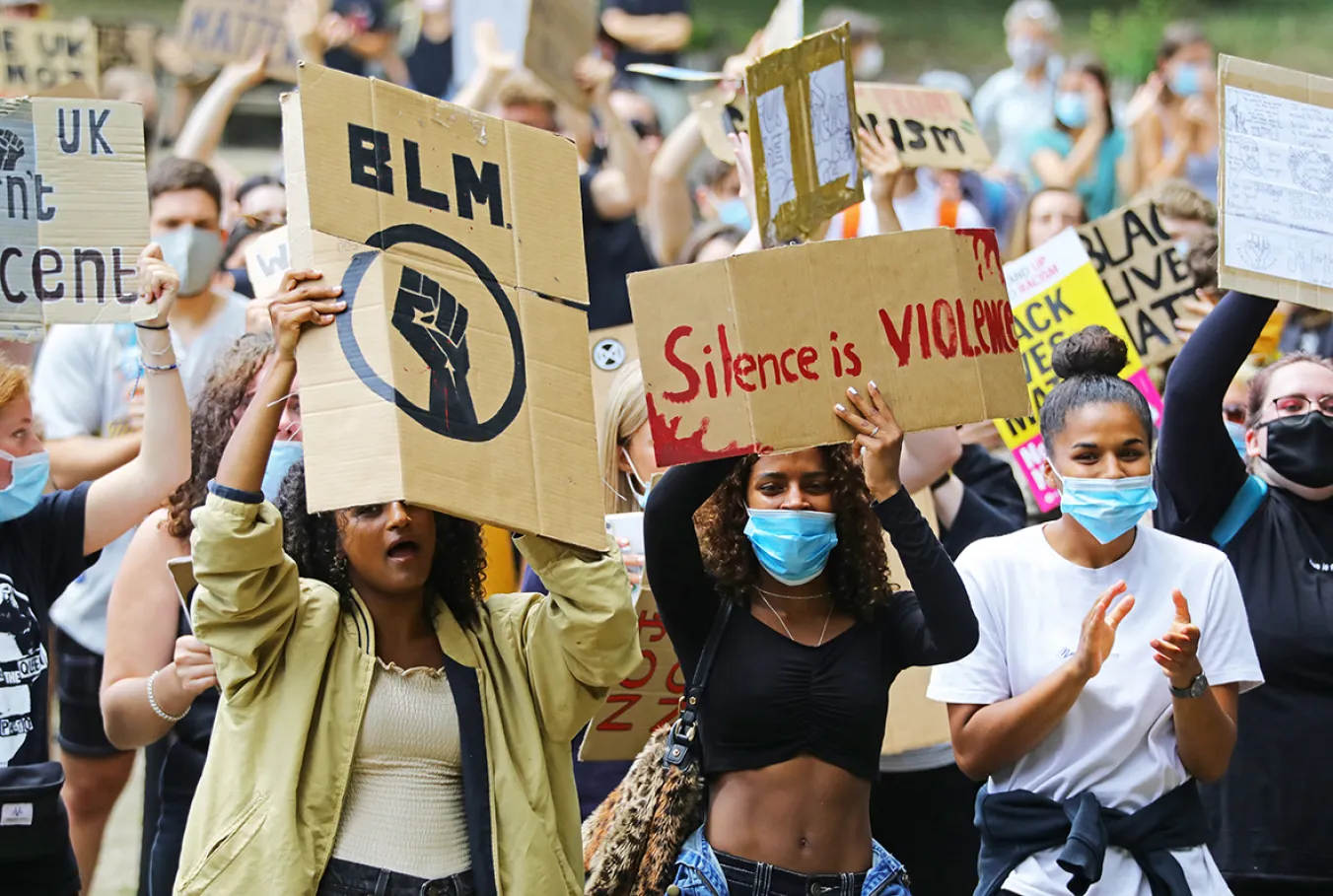
THE vile attacks on footballers this week was a grim insight into how racism manifests itself in modern Britain.
Another is the fact that black and minority ethnic (BME) women are nearly twice as likely as white men to be on zero-hours contracts.
And yet another is the awful reality that BME workers have been over-represented in jobs with higher Covid-19 death rates.
More from this author
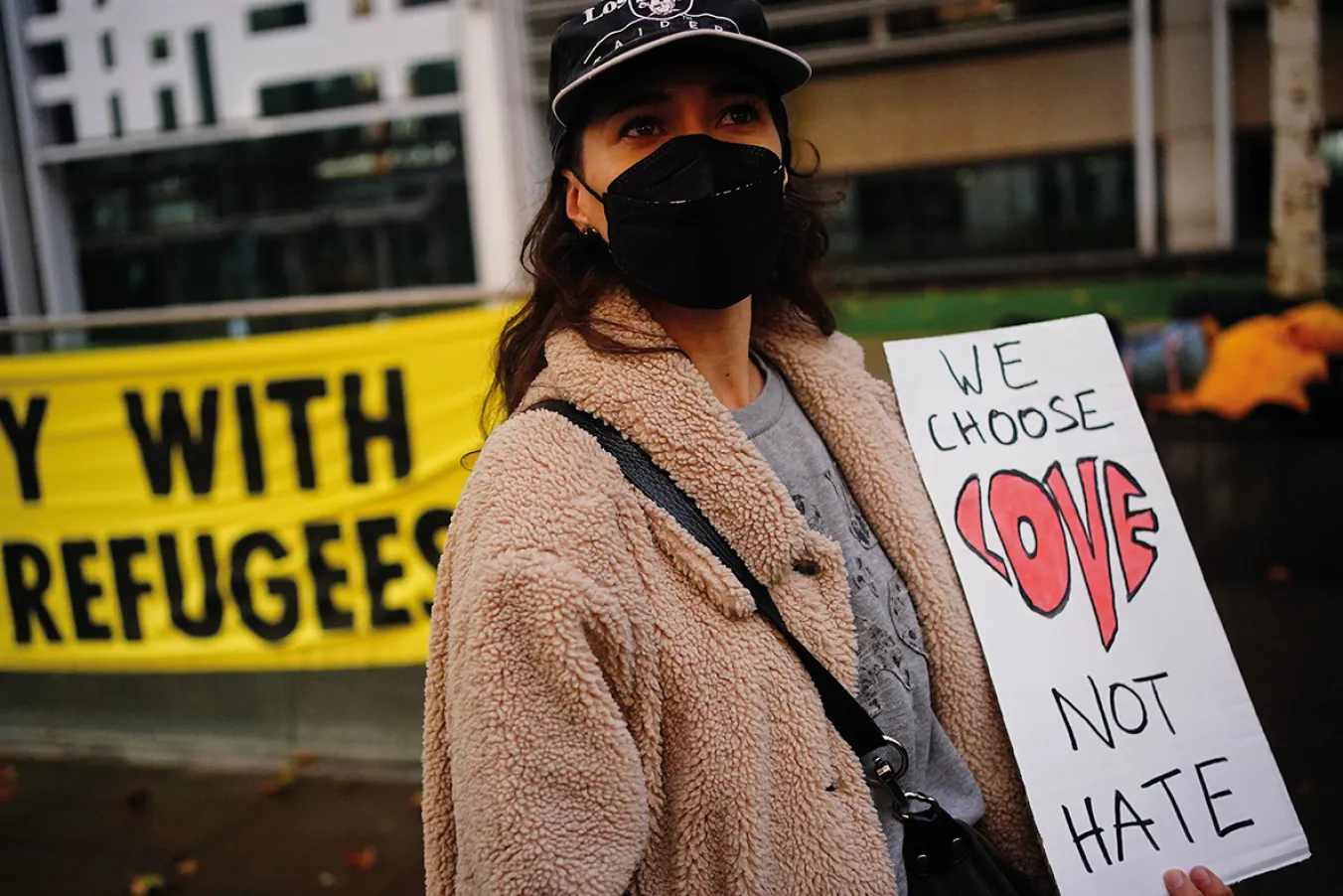
SHAVANAH TAJ argues that with bigot MPs like Lee Anderson and big donors like Frank Hester leading the charge against minorities, Welsh unions must stand firm and restate their anti-racist, internationalist politics

Cardiff remains a profoundly unequal city – if politicians and bosses won't do something, workers have to, argues Wales TUC general secretary SHAVANAH TAJ
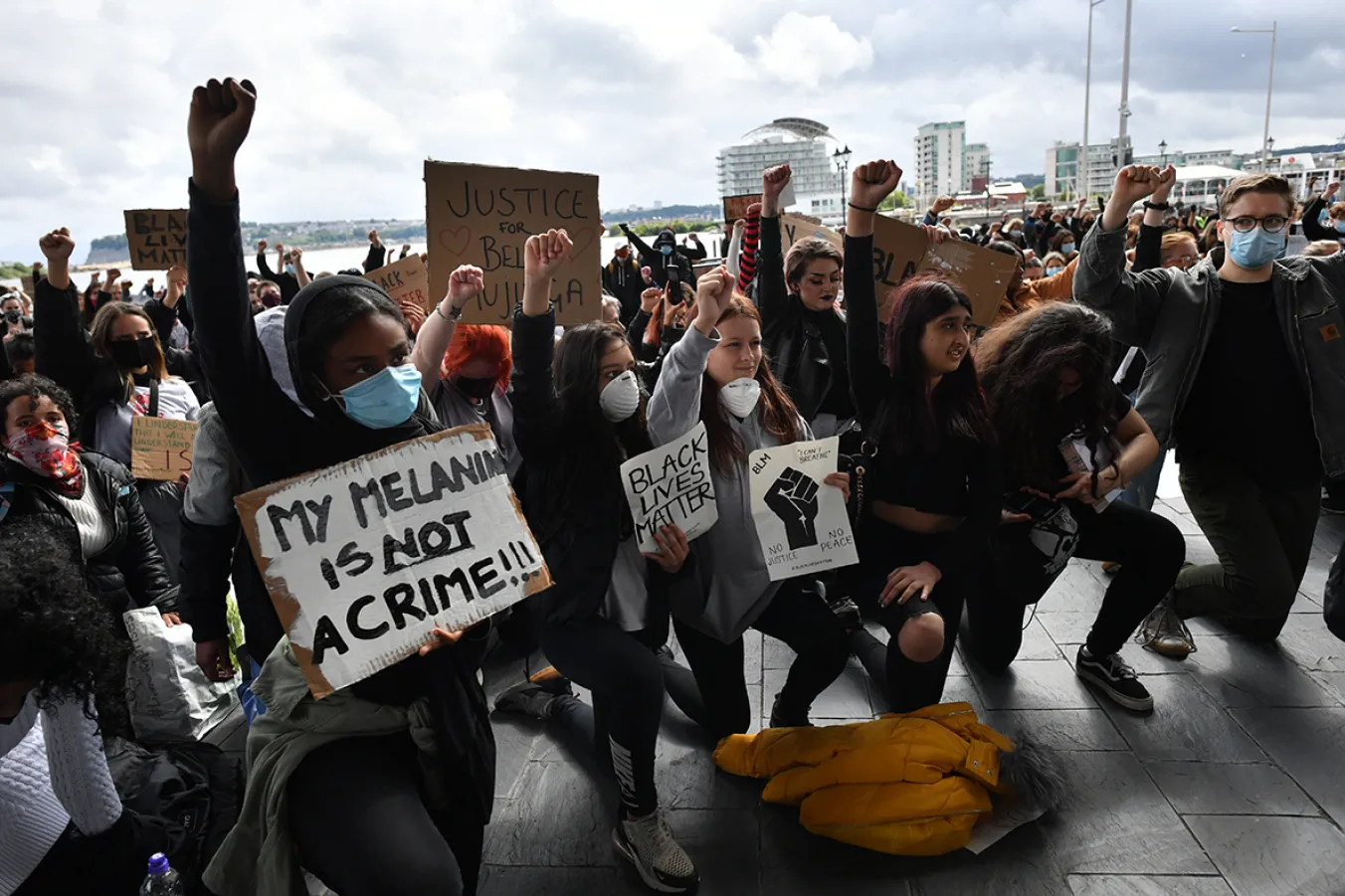
The devolved Welsh Parliament is not able to overrule Westminster itself, but it has taken a radically different path from the Tories' right-wing, anti-migrant agenda, reports SHAVANAH TAJ
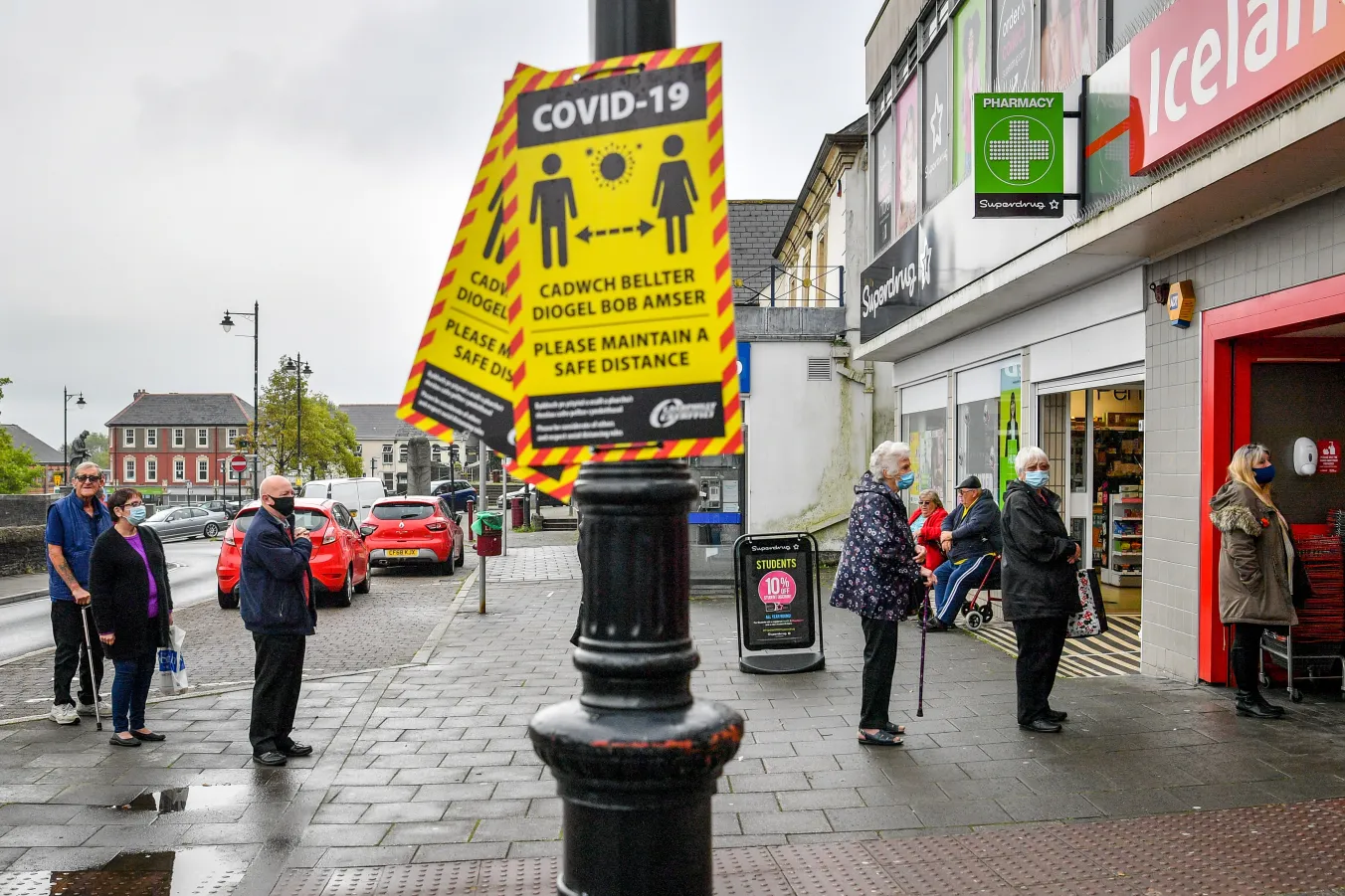
As Wales TUC gears up for its annual congress, SHAVANAH TAJ takes a look at some of the priorities on the horizon for trade unionists
Similar stories

SHAVANAH TAJ argues that with bigot MPs like Lee Anderson and big donors like Frank Hester leading the charge against minorities, Welsh unions must stand firm and restate their anti-racist, internationalist politics










